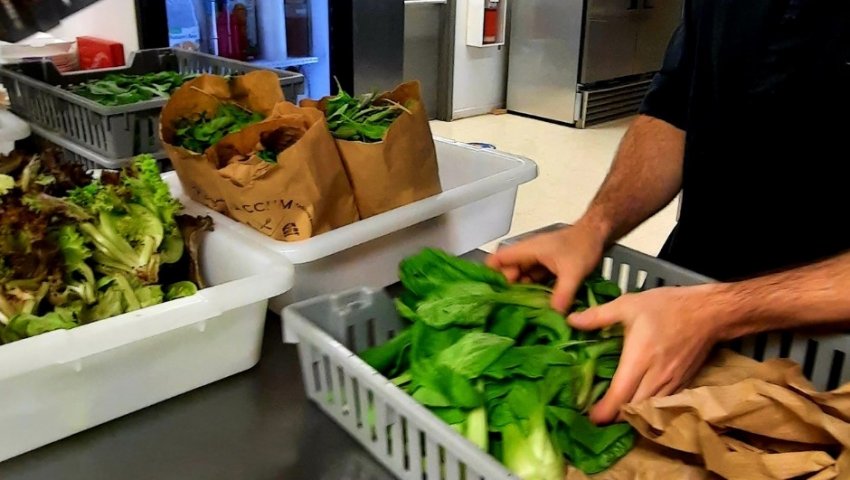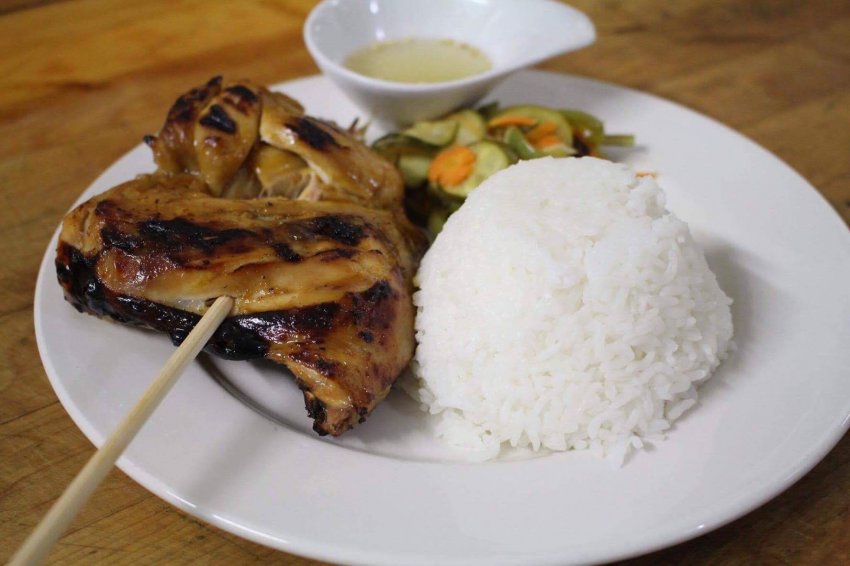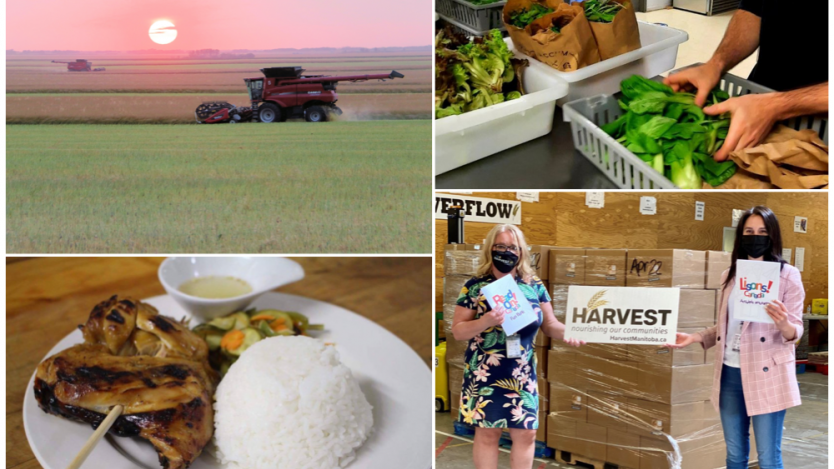New supports have been announced this week to alleviate food insecurity across Canada, from funding for an urban farm in Montreal to a new strategy for improving Inuit access to food.
In Saskatchewan, farmers struggling with drought will have some new options to make use of damaged crops.
Here are five notable food news stories that you might have missed over the past week.
Food security support announced in Montreal

The federal government has announced an additional $10 million dollars of support through the Local Food Infrastructure Fund that aims to strengthen food systems and facilitate access to food across Canada.
$2.5 million will be invested to improve food security in Montreal, with a portion of those funds going to La Cuisine Collective Hochelaga-Maisonneuve to establish an urban farm
The project includes the installation of two new greenhouses, and the products grown will be distributed to families in need.
Read the story at CTV News.
Saskatchewan farmers receiving drought relief
The Government of Saskatchewan has announced measures to help support farmers and food producers struggling with losses from drought conditions.
With crops prematurely drying due to heat stress, the new measures will provide insurance supports and help facilitate additional uses for damaged crops.
Learn more at CTV News.
Tackling the Inuit food security crisis
Inuit Tapiriit Kanatami, the national representational organization protecting and advancing interests of Inuit in Canada, has just announced its Inuit Nunangat Food Security Strategy.
Inuit experience the highest prevalence of food insecurity among Indigenous people in developed countries. The new strategy aims to improve Inuit food sovereignty by helping to develop a sustainable food system that reflects Inuit societal values, supports Inuit well-being, and ensures access to food.
Visit CBC News for the full story.
Keeping Filipino food alive in the N.W.T.

The Filipino community makes up the largest visible minority population in the N.W.T., but there are few options for Filipino cuisine, especially after some businesses were forced to close due to effects of the pandemic.
However, some chefs have reimagined their business models to continue serving Filipino cuisine to people in their community, from food trucks to home-based food businesses.
Read more at CBC News.
Food banks partnering with literacy groups to distribute books
Read On Canada!, a coalition of 16 non-profit organizations including food banks and literacy groups, is planning to distribute 150,000 free children's books across the country.
The program aims to help with children's literacy after an unpredictable school year which left many children falling behind on their reading levels.
Local food banks will distribute the books to families by including them in food packages or setting up tables of free books for kids to read.
Read the story at CBC News.













